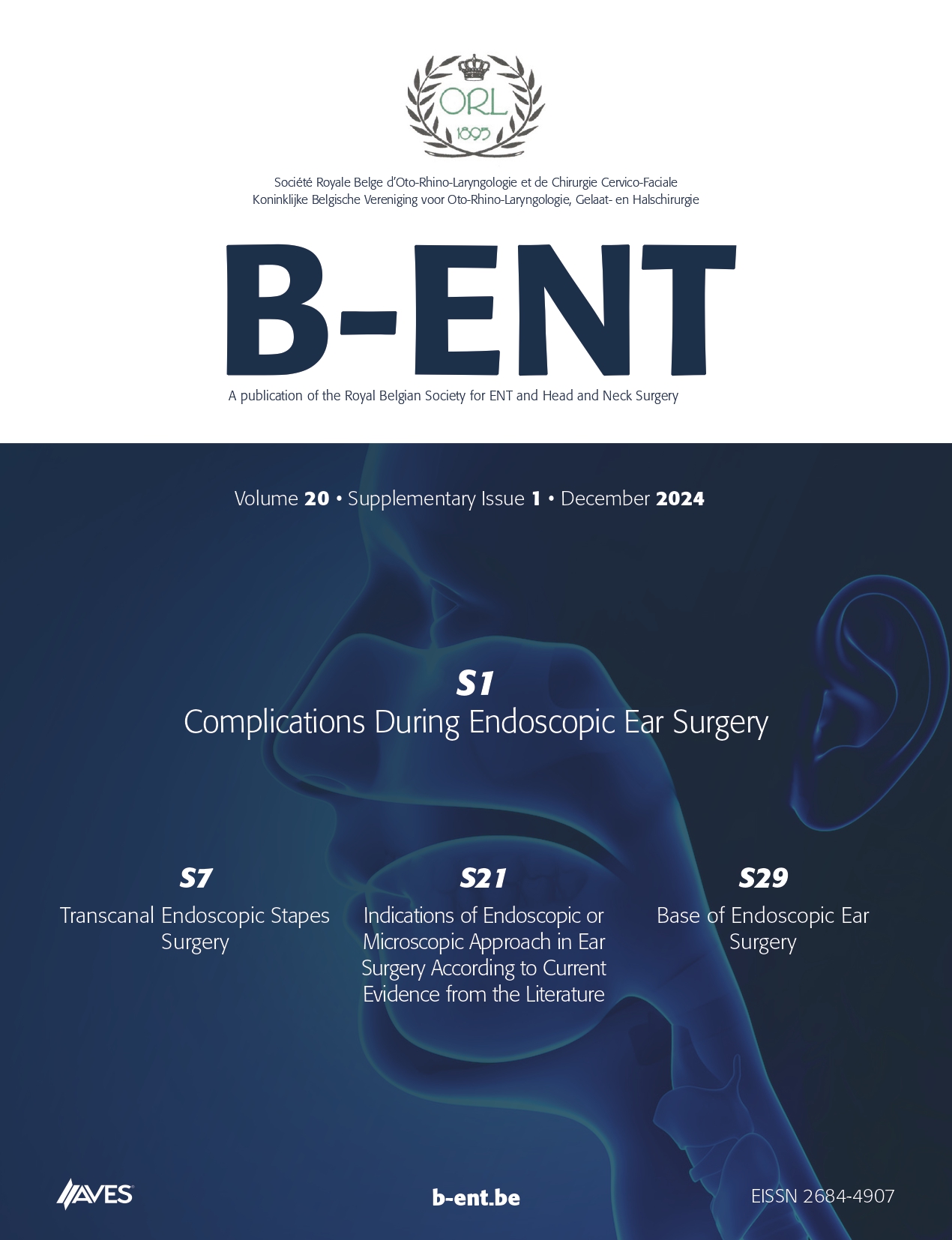Civilian law: from occupational medicine to occupational event. Despite the growing importance of objective measurements, the health effects of many occupational risk factors are currently not fully quantified. Occupational noise, as a widespread risk factor, is illustrative in this regard; there is a strong body of evidence linking it to an important health outcome (hearing loss), but it is less decisively associated with others (such as psychological disorders). It is also distinct from environmental noise, and therefore falls under the responsibility of employers as well as individuals. Noiseinduced hearing loss (NIHL) is, at present, incurable and irreversible. However, it is preventable, if effective and global hearing conservation programmes can be implemented. These programmes should not be isolated efforts, but should be integrated into the overall hazard prevention and control programme of the workplace. Belgian law encompasses a set of provisions for prevention and the protection of the health and safety of workers within the workplace, including aspects pertaining to the hygiene of the workplace and psychosocial aspects at work (stress, violence, bullying and sexual harassment, among others). In principle, combating environmental noise is fully addressed in this country. However, other levels of policy-making also play an important role in this regard. For example, the federal government is in charge of product standards, and therefore also of noise emission standards for products. The interpretation and enforcement of Belgian legislation on well-being at work converts European directives and international agreements on well-being at work into Belgian law.



.png)
